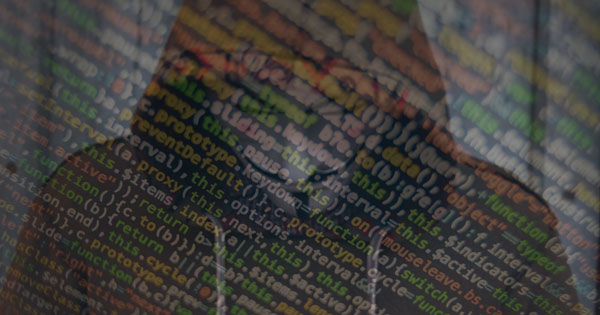3 Quick Tips about Cyber Security in the Cloud
Does your business operate in the cloud? Today 95% of all organizations in the U. S. have applications running in the cloud and more than half of small businesses in the U. S. are using at least one category of cloud software. This increases the chances that not only your business’s information but also your personal information is in the cloud somewhere. The recent global scale cyberattack and the constant media reports about ransomware and hacking can make the thought of data in the cloud unnerving and make you wonder, “Just how safe is storing data in the cloud?”

There are steps that can be taken to ensure that your data is as safe as possible. To set up the best possible defense against hackers and phishing schemes use these quick tips to secure your data in the cloud.
Regular Updates
Like a child technology changes and develops every day. As children grow and develop they require regular checkups and attention to help maintain their health and wellbeing or to take care of occasional illnesses. As technology changes and develops there are the occasional bug or glitch which make updates and system maintenance as important as regular checkups for a child.
Ensuring that the latest updates have been implemented can be imperative for data safety. A system update can include the latest advancements to make things run smoothly or provide a simple patch that prevents unwanted access to important information. The overwhelming importance of these updates often isn’t realized until there is a breach.
Limited Server Access
Servers are the point of access to information. There are different servers committed to different tasks. Everybody does not need access to servers just like everyone does not need access to your home. Only certain qualified individuals who are involved in maintenance and upkeep should be given access. This common sense measure allows for accountability as well as less chance of human error.
Another server consideration is compliance because the security of both any software and its deployment are important. Each industry has compliance regulations (HIPAA, FDA, CFR, etc.) that must be addressed whether deploying on an on-premises or cloud based solution. The correct steps must be taken to comply with these industry regulations because they are set to ensure safety. Users should confirm these measures with their providers as a due diligence for maintaining data security.
Educated Users
The first line of defense against a cyberattack begins with those who have access and handle your important data. Most hacking today is done by phishing schemes via email to get a password or to start a malicious program. Here, a wise user is your best defense. Users must be educated to prevent being deceived.
According to Verizon’s 2017 Data Breach Report 1 in 14 users were victims of phishing. Users should be taught to use common sense and to scrutinize all emails because phishing attacks appear as legitimate requests. By taking a minute to think before opening an email a breach can be avoided.
Users should check these things before continuing with an email request: the return address, grammar, links and downloads, requests for personal information, and threats.

If an email initially looks legitimate and contains a link the user should still verify it. To verify a link users should hover over it to see that the link and the intended destination match. If the link appears to be legitimate and is clicked on the URL should be examined to ensure that any user information is being entered on the correct website and not a phishing site.
It is also important to maintain user passwords. Passwords should not be shared or posted on a workspace or other location that can be easily accessed by anyone passing by. There are password generators and password keepers that are able to help keep track of these credentials.
Finally users should be taught to log out of the system as soon as they finish their work. Logging in and out can be an annoyance but letting the system time out on it’s on is like leaving your front door wide open until your neighbor or a burglar notices. Your neighbor would close it for you but a burglar sees an opportunity to take what’s valuable. Logging out closes the opportunity for someone to slip in and rob valuable information.
Secure data doesn’t happen in one shot. The goal of having secure information is a continuous process. The chance of a breach greatly diminishes when regular updates are installed, server access is limited, and those who have access to important data are educated about the risks they may encounter. Taking a few minutes to address these areas can save the embarrassment, time, and money caused by a breach.
Sources:
- Business.com: “Study Shows Small Businesses are Doubling Profits by Switching to Cloud Computing,” Rick Delgado, 22 February, 2017.
- Forbes.com: “RightScale 2017 State of the Cloud Report: Azure Gaining in Enterprises,” Louis Columbus, 18 Febrary, 2017.
- Verizon’s 2017 Data Breach Investigations Report
